Asia-Pacific Industrial Sustainability Index 2022,AP-ISI2022Release time: 2023-09-18
What is AP-ISI?
Asia-Pacific Industrial Sustainability Index (AP-ISI) is the world’s first index to evaluate industrial sustainability at the city level. Jointly initiated by The Center for Industrial Development and Environmental Governance (CIDEG) of Tsinghua University and APEC China Business Council, AP-ISI has been one of the major achievements of the 2022 “Sustainable China Industry Development Initiative” launched by the APEC China Business Council. AP-ISI actively responds to the United Nations Sustainable Development Goals 9, 12, and 13 by exploring the industrial practices of technology innovation-driven green transformation and inclusive growth from a global perspective. It aims to promote global development to a new stage of balance, coordination, and inclusiveness, in pursuit of a sustainable future.
AP-ISI 2022 conducted investigations in five dimensions: factors required for industrial development, resource and environmental pressures, industrial development status, ecological and social impacts, and government and policy responses. This index systematically demonstrated the disparities and diversities of industrial sustainability across Asia-Pacific regions, while highlighting the priorities and development opportunities in different regions. Meanwhile, the report also presents several case studies about the best practices of urban industrial development in Asia-Pacific regions.
AP-ISI 2022 was launched at the 29th APEC Leaders' Informal Meeting in Thailand and was published globally in Science | AAAS. It received extensive attention from both academia and industry.
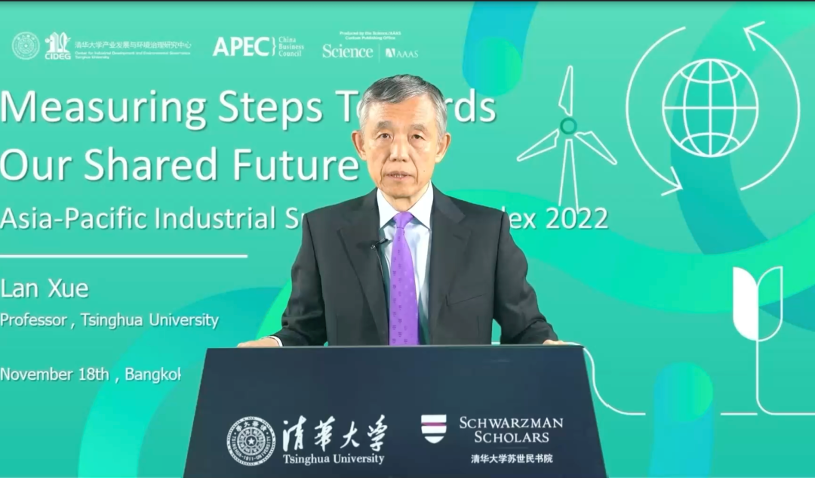
On November 18th 2022, Professor Lan XUE gave a video speech on the ‘Green Opportunities in Asia-Pacific’ luncheon hosted during the APEC 2022, introducing the AP-ISI 2022
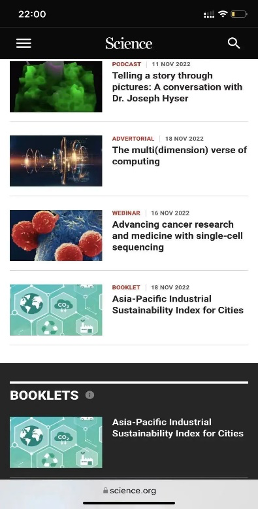


AP-ISI 2022 was published on the Science


AP-ISI 2022 (English Version)
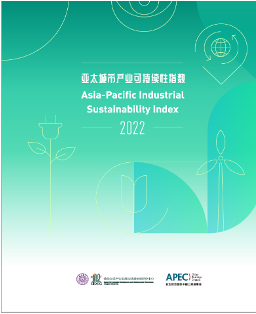

APISI 2022 (Chinese Version)

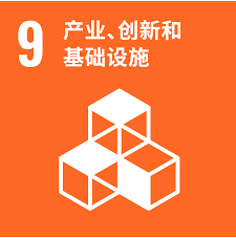
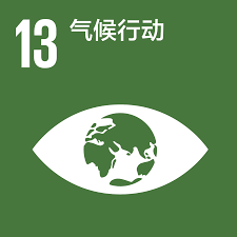
United Nations Sustainable Development Goals 9, 12, and 13
Research Framework
The Asia-Pacific Industrial Sustainability Index is based on the DPSIR framework. The DPSIR framework is a conceptual model of an evaluation index system that is widely used in environmental systems and was constructed by the European Environment Agency based on earlier studies by the Organization for Economic Cooperation and Development and the United Nations Division for Sustainable Development. AP-ISI consists of 5 primary indexes including driving force, pressure, state, impact, and response, 12 secondary indexes, and 25 tertiary indexes.
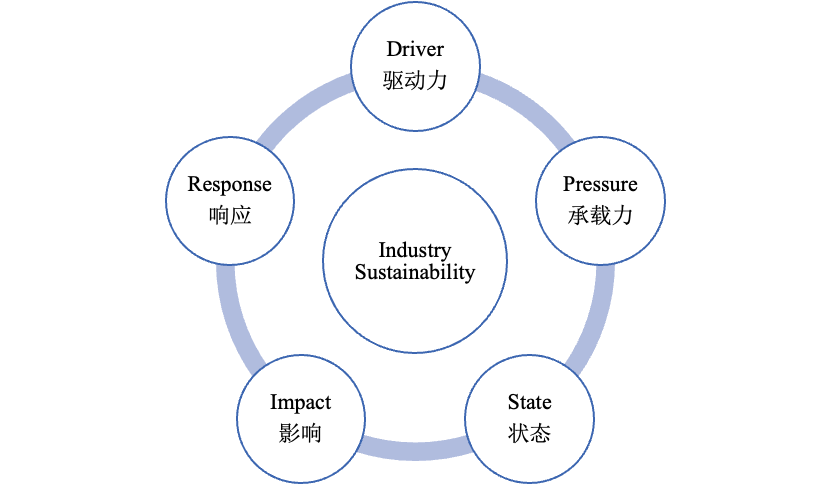
DPSIR Framework
Rankings of AP-ISI 2022 Index
The top 10 cities in the overall AP-ISI ranking are, in order: Tokyo, Beijing, Toronto, Singapore, Shenzhen, San Francisco, Hong Kong, Seoul, New York City, and Shanghai.
The top 10 cities in the AP-ISI production factor supply (drivers) are, in order: Tokyo, Shenzhen, San Francisco, Seoul, Suzhou, Guangzhou, Beijing, Chengdu, Shanghai, and Huston.
The top 10 cities in the AP-ISI in terms of resources and environmental constraints (pressures) are, in order, Fiji, Papua New Guinea, New York City, Taipei, Toronto, Brunei, Auckland, Hong Kong, Chicago, and Chengdu.
The top 10 cities in order of AP-ISI industry development level (states) are: Tokyo, Seoul, Singapore, Beijing, Taipei, New York City, Hong Kong, San Francisco, Bangkok, and Mexico City.
The top 10 cities in order of AP-ISI economic-social-ecological effects (impacts) are: Taipei, Singapore, Suzhou, San Francisco, Shenzhen, Auckland, Toronto, Guangzhou, Burnie, and Shanghai.
The top 10 cities in order of AP-ISI policy and action (responses) are: Singapore, Beijing, Toronto, San Francisco, Hong Kong, Shanghai, Suzhou, Mexico City, Shenzhen, and Auckland.

AP-ISI 2022 Ranking Results
Conclusions and Implications
The major economies of AP-ISI 2022 showed evident advantages in drivers, impacts, and states of industrial development, but they generally underperform in terms of resource and environmental constraints. For emerging economies, there have been continuous improvements in terms of industrial development drivers and states, along with enhanced impacts and improvements, but they still face challenges stemming from increasing environmental pressures and impacts of the COVID-19. Island economies present regional variations in industrial development. With their abundant renewable energy and low ratio of urban buildup, island economies are in an advantageous position in terms of resource constraints and environmental capacity.
AP-ISI 2022 reveals the dilemma of environmental degradation and resilience insufficiency while experiencing continuous developments in Asia-Pacific regions. Industries in Asia-Pacific regions require industrial structure upgrading and green transformation, accelerate technology innovation centred around resource efficiency and circular economy, improve the scientific layout of localized industrial planning, strengthen regional cooperation, embark on the path of green innovation and sustainability, and collectively address sudden external impacts and global challenges such as global warming.
AP-ISI 2023 to be continued
AP-ISI 2023 will continue to track the progress of industrial sustainability in Asia-Pacific cities based on the foundation laid by AP-ISI 2022. Firstly, building upon the DPSIR framework, AP-ISI 2023 has improved and upgraded the indicator system to scientifically track new changes and trends in the industrial development of Asia-Pacific cities. Additionally, APISI 2023 has expanded the range of evaluation subjects to include more Asia-Pacific cities, especially underdeveloped regions, thereby providing a more comprehensive representation of the diverse development paths of Asia-Pacific cities. Finally, AP-ISI will particularly focus on the impact of factors such as the global COVID-19 pandemic and geopolitical influences on the industrial sustainability of Asia-Pacific cities. It uncovers variations of resilience among Asia-Pacific cities when facing external shocks, which offers insights into industrial developments in post-pandemic future for stakeholders.
AP-ISI 2023 will be released at the 30th APEC Leaders' Informal Meeting and simultaneously published in Science | AAAS globally. Please stay tuned!
About APEC China Business Council
The APEC China Business Council (ACBC) was founded on August 16, 2013 in Beijing. It is a business cooperation mechanism initiated by members of APEC Business Advisory Council (ABAC) and business leaders from China. ACBC is affiliated to China Council for the Promotion of International Trade, China Chamber of International Commerce, supported by Ministry of Foreign Affairs and Ministry of Commerce of China.
About CIDEG
The Center for Industrial Development and Environmental Governance (CIDEG) of Tsinghua University serves as a center of excellence for policy research, academic exchange, graduate education, and on-the-job training on industrial development, environmental governance, and institutional transition. The long-term goals of the Center are to promote education and research on public policy and management in China and to enhance the communication, understanding, and cooperation among the academic, business, non-profit, and public sectors. The Center for Industrial Development and Environmental Governance (CIDEG) is very grateful for the unconditional sponsorship provided by the Toyota Motor Corporation.
